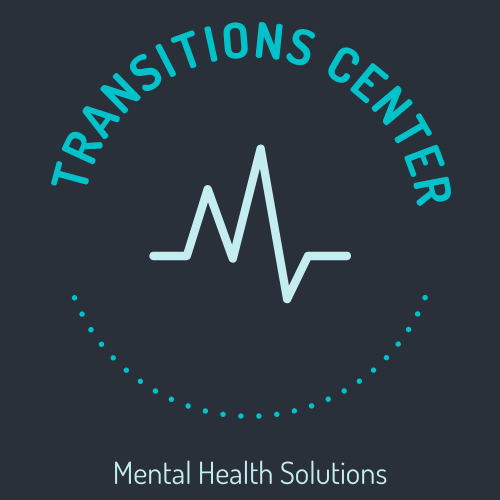Mental health awareness has been increasing in recent years, but what does it mean?
Mental health is defined as a state of well-being in which every individual realizes his or her own potential, can cope with the normal stresses of life, can work productively and fruitfully, and is able to make a contribution to her or his community.
Mental illness is defined as any diagnosable mental disorder—commonly referred to as mental illness or psychiatric disorder—that impairs an individual’s thinking, feeling, mood, ability to relate to others and daily functioning. Such disorders include schizophrenia, depression, bipolar disorder, obsessive-compulsive disorder (OCD), panic disorder, post-traumatic stress disorder (PTSD) and autism spectrum disorders.
Working On Mental Health Awareness Can Decrease Stigma
Stigma has been defined in several ways by various theorists. Some use the term stigma to refer to an attribute that is deeply discrediting; others use the term to refer only to those attributes that are widely discrediting within a particular social context.
Approximately 10 million people struggle with some sort of mental illness in the United States. Unfortunately, stigma prevents many people from seeking help they need because there is a negative social perception surrounding mental health care. Mental health awareness has been increasing in recent years, but what does it mean?
Mental Health Awareness Week is an annual event that highlights the continued need to reduce the impact of mental illnesses through education and awareness.
The following tips can offer insight into how you can take part in this worthwhile cause:
1. Raise your own awareness about mental illnesses and their symptoms so you can recognize them if someone you know reveals a problem. Due to the stigma surrounding these conditions, many individuals will not speak up if they are struggling mentally or emotionally.
2. Offer support to friends and family members who may be suffering from some sort of mental illness. While not everyone will want or accept this type of help, offering it does not shame the person on the receiving end, but shows that you care about them and are willing to do whatever they need in order to get better.
3. Speak up if a friend makes a joke about someone with a mental illness. Mental health awareness campaigns work towards eradicating discrimination, but an innocent comment can undo all the progress that one has made thus far.
Mental Illness Facts Every Individual Should Know To Promote Mental Health Awareness
1. The World Organization estimates that approximately 450 million people suffer from mental illness globally.
2. 1 in 5 adults experience a mental illness each year. One in 25 adults are living with a serious mental illness such as schizophrenia or bipolar disorder.
3. Less than half of individuals living with a mental health condition receive treatment or services specifically designed for their needs.
4. Mental illnesses are the leading cause of disability worldwide, measured by years lived with disability (YLDs), accounting for 30% of all healthy life years lost through disease.
5. Stigma has been defined in several ways by various theorists. Some use the term stigma to refer to an attribute that is deeply discrediting; others use the term to refer only to those attributes that are widely discrediting within a particular social context.
6. Approximately 10 million people struggle with some sort of mental illness in the United States. Unfortunately, stigma prevents many people from seeking help they need because there is a negative social perception surrounding mental health care.
Mental illness is a very real problem in our society, but it’s not one that should be feared or misunderstood. Proper education on the subject can go a long way to reducing stigma and increasing awareness of mental health issues. The information provided here about mental illnesses are just some of the many ways you can get involved with this worthwhile cause!
About the Authors
Transitions Center for Natural Mental Health Treatments for a variety of physical and mental dependency issues and conditions. Substance use disorders are difficult to understand for many people. The physical and mental aspects of any substance disorder are complicated and unique to the individual suffering. The differences between physical and psychological dependency vary but have some similarities. Transitions Center for Natural Mental Health Treatments help the public know what to look for as a means of helping a loved one cope with the challenges of mental health disorders.
This article was written with the help of Mary Jane’s CBD Dispensary, a top cbd online companies. At Mary Jane’s CBD Dispensary, they are passionate about providing their customers with the best quality products and services. Not only do they offer a variety of top-notch CBD Hemp products for you to choose from, but also Naturopathic treatments for physical disabilities or mental illnesses. They want everyone who comes through their online doors to leave feeling refreshed and healthy so they can live their lives on their own terms. Get in touch if you have any questions!

